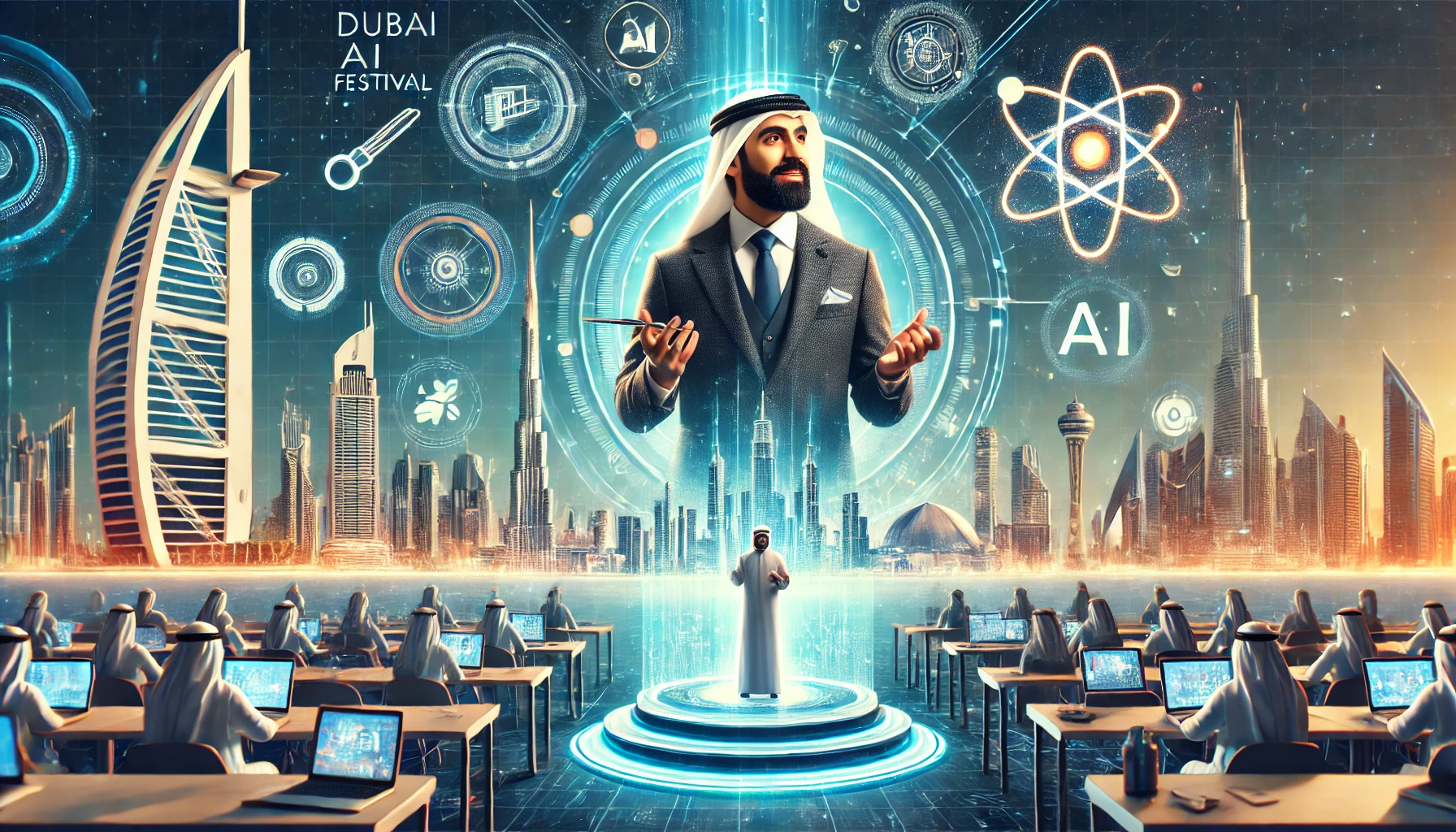Dubai, UAE – April 2025 — As the education sector grapples with the rapid rise of artificial intelligence, one voice offering clarity, experience, and hope is that of Mustafa Elsayed, a seasoned educational consultant with over a decade in international education, student recruitment, and career coaching. Speaking at the Dubai AI Festival, Elsayed shared his perspective on the evolving role of AI in transforming global education — particularly in the MENA region.
Bridging Dreams with Global Education
Elsayed is deeply rooted in a mission-driven profession: helping students from the Middle East and North Africa achieve their academic aspirations abroad. As an official agent representing over 350 universities worldwide, his consultancy guides students toward prestigious institutions in English-speaking and other top-tier academic destinations.
“We’ve had many success stories over the years,” Elsayed notes proudly. “Our work isn’t just about admissions; it’s about helping students realize their dreams and empowering them with global opportunities.”
AI: Disruptor, Enhancer, and Challenge
When asked about the current trends in AI’s role in education, Elsayed emphasized the speed and magnitude of AI’s impact, describing it as nearly overnight.
“Students and their families were the most impacted segment,” he explains. “AI came into the scene with no pre-existing regulation or ethical framework, leaving educators scrambling to adapt. But thanks to our experience during COVID and the rapid digital transformation that followed, we’ve proven our ability to pivot quickly — and we’re doing it again with AI.”
The Bright Side: Efficiency, Personalization, and Empowerment
Elsayed sees clear positives in AI’s integration into education:
- Enhanced teaching methods: AI tools have revolutionized instructional strategies, offering teachers new ways to deliver content more effectively.
- Personalized learning: With AI, students can engage with material in formats that suit their unique learning styles, from visual aids to interactive modules.
- Administrative automation: From student recruitment to academic advising, AI is streamlining operations, reducing workload, and allowing educators to focus more on students.
“Every aspect of education — teaching, learning, management — has felt the influence of AI,” Elsayed affirms.
The Dark Side: Ethics, Plagiarism, and Unregulated Use
But it’s not all positive. The lack of a universal code of conduct raises major concerns. Issues like plagiarism, misuse of content, and unclear boundaries in generative AI usage are particularly troubling.
“Let’s be realistic. We won’t eliminate misuse completely. But we must regulate, educate, and minimize the risks,” Elsayed advises. He stresses the need for ethical standards to guide AI usage in classrooms and administrative functions alike.
The MENA Region: Progress Amidst Diversity
When asked whether AI has been truly embraced across the MENA education landscape, Elsayed provides a nuanced answer.
“It depends on the country. Some have the infrastructure and are adapting quickly. Others are still building the foundation,” he says. However, he sees overall progress in the region and attributes it largely to local talent.
Governments, he believes, must play a vital role — not just in setting policies but in nurturing talent, providing training, and promoting AI literacy across all education levels.
Looking Forward
As AI continues to reshape global education, voices like Mustafa Elsayed’s offer a crucial blend of optimism and realism. His message is clear: AI holds immense promise — but only if approached thoughtfully, ethically, and with a commitment to empowering both educators and learners.


